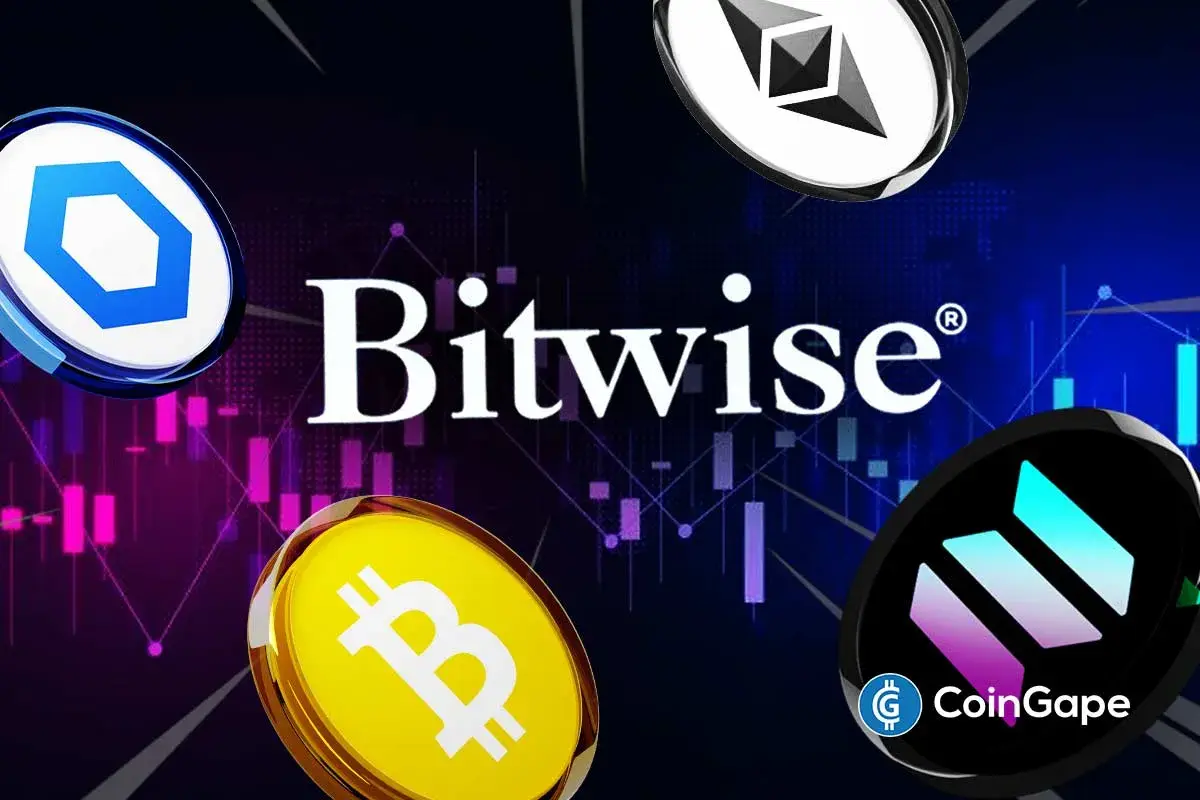Texas Bitcoin Reserve Bill Advances to Senate After Committee Approval

Highlights
- The Texas Bitcoin Reserve Bill SB 21 passed the Business and Commerce Committee.
- The bill will now move forward for Senate review and consideration.
- If approved, Texas could establish a state-controlled strategic Bitcoin reserve.
The Texas Bitcoin Reserve Bill, SB 21, has successfully passed the review stage within the Business and Commerce Committee. Following this approval, the legislation will now proceed to the Texas Senate for further consideration. The bill proposes the establishment of a state-managed strategic Bitcoin reserve, positioning Texas among the growing number of U.S. states exploring Bitcoin as a financial asset.
Texas Bitcoin Reserve Bill Clears Committee, Moves to Senate Review
According to recent reports, the Texas Bitcoin Reserve Bill SB 21 has passed the Business and Commerce Committee. This marks a crucial step in the legislative process, allowing the bill to advance to the Senate for review. The bill will create a state-managed Bitcoin reserve, a move that aligns with increasing interest in Bitcoin adoption at the government level.
The approval from the committee signifies growing support for the proposal, which could enable Texas to establish a Bitcoin reserve. This development places Texas alongside other states considering similar measures to integrate Bitcoin into their financial strategies. If the Senate approves the bill, it could set a precedent for how state governments manage digital assets.
With the committee stage completed, the next phase involves a Senate review. The outcome of this decision will determine whether the bill progresses further in the legislative process.
Despite the development, Bitcoin adoption has faced challenges due to regulatory uncertainties and concerns over volatility. South Dakota lawmakers blocked HB 1202, halting the state’s plan to invest in Bitcoin for now. However, interest in Bitcoin reserves remains strong, with other states exploring similar proposals.
Objectives of the Reserve Bill
Supporters of the bill believe that incorporating Bitcoin into state reserves could provide an alternative financial strategy. The bill’s provisions focus on securing and managing the Bitcoin reserve through regulated policies, ensuring compliance with financial laws. The introduction of such a reserve could mark a shift in how state governments approach digital assets.
More so, Texas is not the only state considering Bitcoin as part of its financial infrastructure. Other states have also introduced legislative efforts to explore the use of Bitcoin in government reserves. If Texas successfully implements the reserve bill, it will encourage Bitcoin adoption to more states.
Next Steps and Challenges Ahead
With the bill advancing to the Senate, the next phase of discussion will focus on its feasibility and potential effects. Lawmakers will assess various factors, including financial security, regulatory compliance, and the long-term sustainability of a Bitcoin reserve.
If approved by the Senate, the bill could progress to further legislative stages before becoming law. The decision will determine whether Texas proceeds with the creation of a state-managed Bitcoin reserve.
However, despite the Texas Bitcoin Reserve Bill passing the committee stage, several other states have faced setbacks in their efforts for Bitcoin adoption. In recent weeks, lawmakers in Montana, North Dakota, South Dakota, and Wyoming have rejected proposals for state-controlled Bitcoin reserves.
Despite these challenges, some states remain optimistic about the potential of Bitcoin reserves. Ohio recently introduced proposals in both the House and Senate, while Oklahoma’s strategic Bitcoin reserve act passed a state committee earlier this week.
- Bitcoin vs Gold Feb 2026: Which Asset Could Spike Next?
- Top 3 Reasons Why Crypto Market is Down Today (Feb. 22)
- Michael Saylor Hints at Another Strategy BTC Buy as Bitcoin Drops Below $68K
- Expert Says Bitcoin Now in ‘Stage 4’ Bear Market Phase, Warns BTC May Hit 35K to 45K Zone
- Bitcoin Price Today As Bulls Defend $65K–$66K Zone Amid Geopolitics and Tariffs Tensions
- COIN Stock Price Prediction: Will Coinbase Crash or Rally in Feb 2026?
- Shiba Inu Price Feb 2026: Will SHIB Rise Soon?
- Pi Network Price Prediction: How High Can Pi Coin Go?
- Dogecoin Price Prediction Feb 2026: Will DOGE Break $0.20 This month?
- XRP Price Prediction As SBI Introduces Tokenized Bonds With Crypto Rewards
- Ethereum Price Rises After SCOTUS Ruling: Here’s Why a Drop to $1,500 is Possible

















